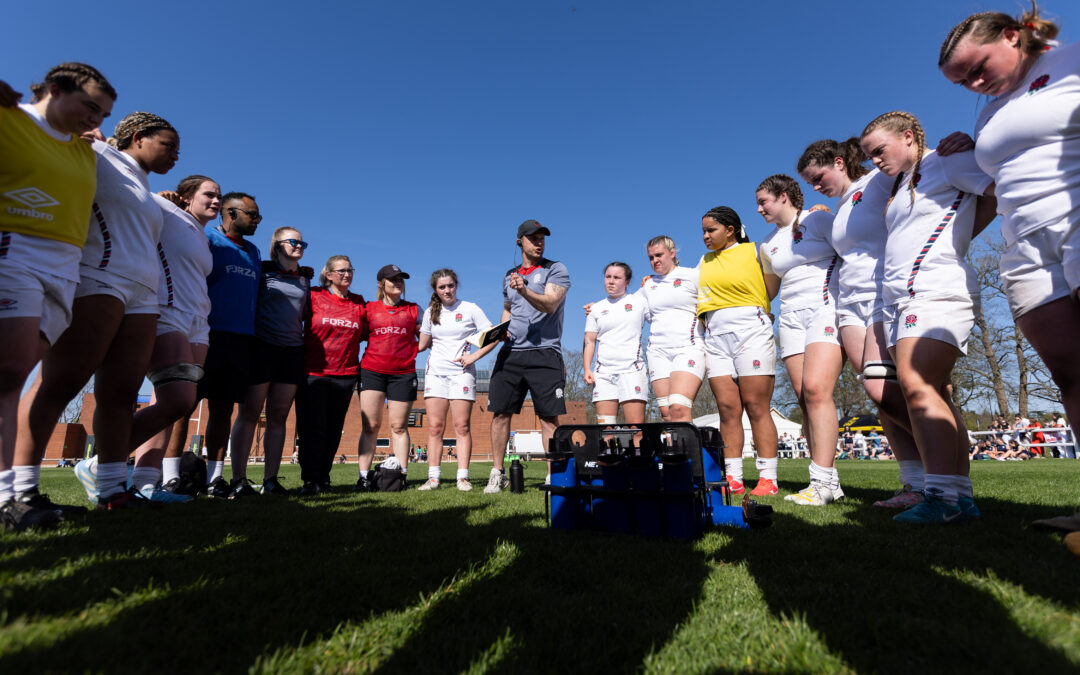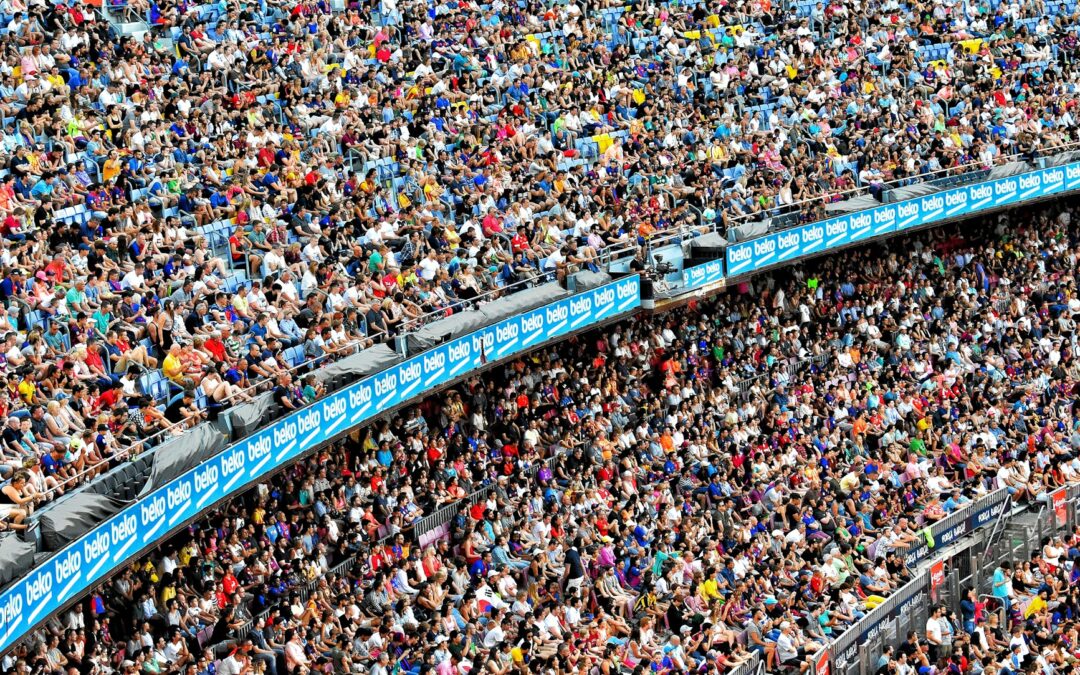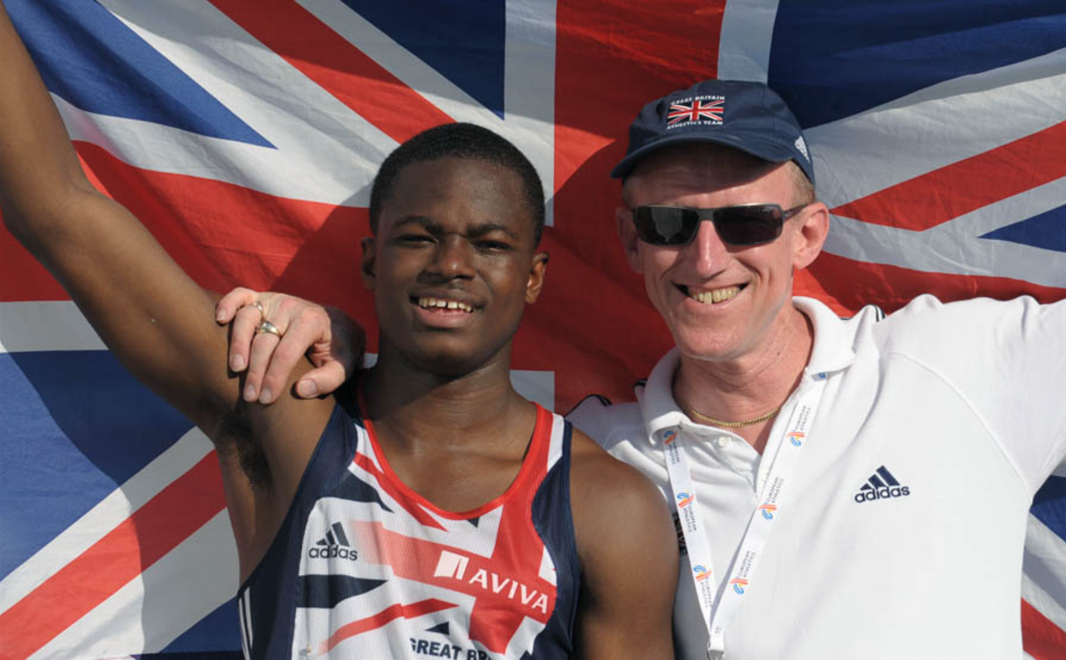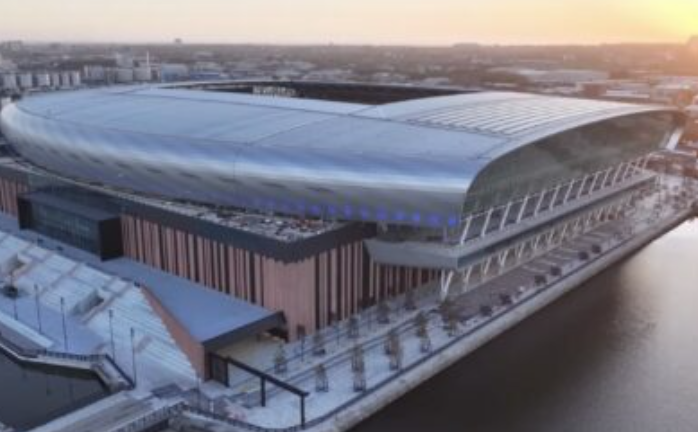Sport brings joy to millions and build unforgettable memories, so when tragedy strikes, it shatters entire communities. Sidelines looks into how organisers work to keep fans safe.
These disasters have significantly impacted the safety and regulations in sport. Sports governing bodies have since altered stadium designs, replacing standing terraces with seated areas to minimise the fatal risk of crush injuries.
Crush injuries are caused when there’s overcrowding in stadiums, sudden movement, or inadequate crowd control measures. Architects are working with crowd management teams to improve stadium infrastructure. They now ensure the number of seats in any area is set to the number that stewards can safely manage.
Other changes that contribute to athlete and fan safety include evacuation procedures and an increased presence of emergency services. First responders and paramedics provide medical care for athletes, fans, and members of staff involved in sports events. They also have specialised teams, such as crowd doctors, who monitor and maintain crowd safety.
Sport organisations and individual athletes have contributed to relief efforts following sports tragedies by using their platforms to raise awareness and support those affected.These efforts have forged strong bonds between teams and even rival fans.
96 football fans were fatally injured in the FA Cup semi-final between Liverpool and Nottingham Forest at Hillsborough. Since then, thousands of people have attended vigils and community events, creating large displays of unity and solidarity.
Tragedies in sport will never be entirely preventable, but through the hard work of those behind the scenes, all those involved can focus on what they came for and the thrill of the game.
Sidelines Recommends

Planting the seeds of the Red Roses: England Women’s rugby development
Ahead of the 2025 Women’s Rugby World Cup, England U18s Head Coach James Cooper tells Sidelines how he develops players for international glory.

“Without us, they couldn’t function”: How interpreters make sport tick
From driving lessons to courtrooms to press conferences, this is how interpreters make sport tick – this time in their own words. It’s an old cliche that sport is a universal language – but that would fall pretty flat without interpreters. Competitions cross borders,…

“I was given four to six months to live”: athletics coach John Powell’s story
Whether it’s shaping future Olympians or them helping save his life, athletics coach John Powell MBE proves coaching doesn’t stop at the finish line.




